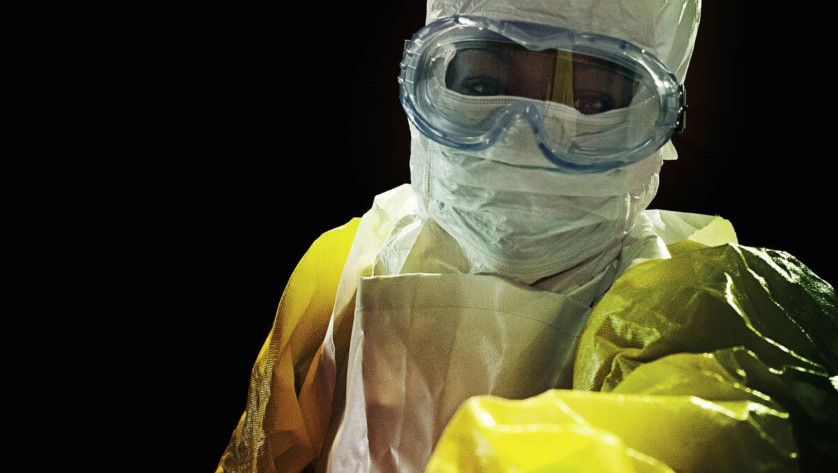The road to Bucaramanga
On the outskirts of the city, at a rest stop run by the International Federation of Red Cross and Red Crescent Societies (IFRC), dusk falls as a group of over thirty migrants debate their options. The autumn heat in Cucuta can reach 30 degrees Celsius, so some elect to travel at night and rest in shade during the day, though this option is not without risks.
As the road slowly begins to rise out of the city, houses begin to fade into the distance and the scale of the journey dawns. Though vast sections of the way are without any sign of houses or shops, some cars slow down to give rides or hand out sandwiches and water to the walking groups. Some Colombians are reminded of the times when they were forced to flee, arriving in a foreign land uncertain on the future.
On the road to Bucaramanga, finding a normal place to sleep beyond abandoned buildings and shop awnings is a distant dream. But a small network of citizen-run shelters is beginning to emerge at key points along the route.
At the entrance to the bustling university town of Pamplona, 2,500 metres above sea level, Marta Duque has thrown open her cosy wooden house to weary travellers. Over a year ago, Duque begun to see bedraggled groups of migrants huddling under her garage roof and bathing in the stream opposite her house and felt an urge to provide help.
“In the winter it was mainly guys, but in the spring many more women, some pregnant, old people, disabled, arrived so I needed to act. I have seen people with HIV, cancer patients, people going into hypothermic shock, so we get out the hairdryer and wrap them in blankets and give them hot meals. I work from five in the morning until midnight, but it makes me happy to help them out.”
Leaning on a wall outside Marta’s house, Yusmil, the 18-year-old woman who sold her hair, has managed to make some progress since Cucuta, as the group elected that she and another woman took a ride in a truck with all the suitcases on board, while the rest followed on foot.
“We are worried, we hope they show up. I stayed up until 2am last night just in case they arrived. A group that just came saw them sleeping in an abandoned shack on the road further back.”
 Red Cross Red Crescent magazine
Red Cross Red Crescent magazine 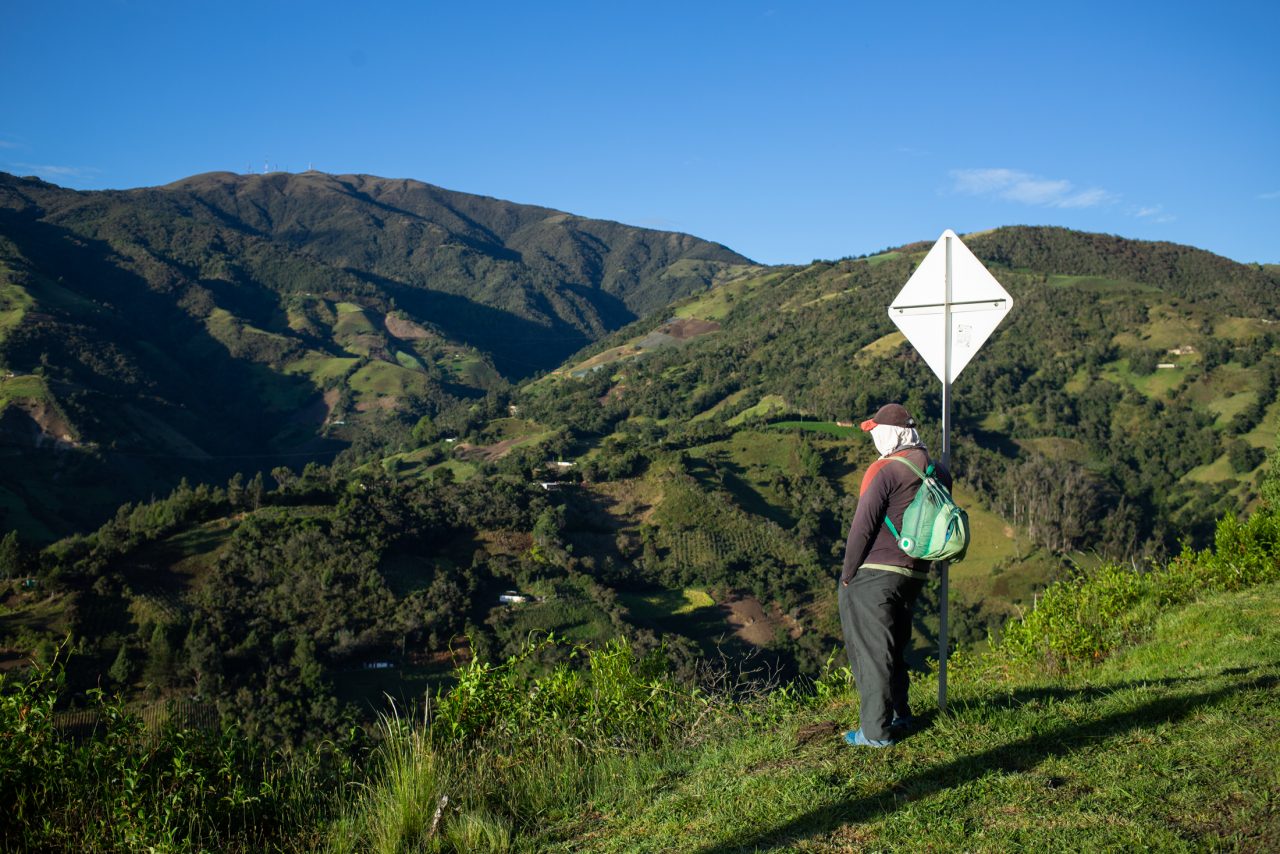
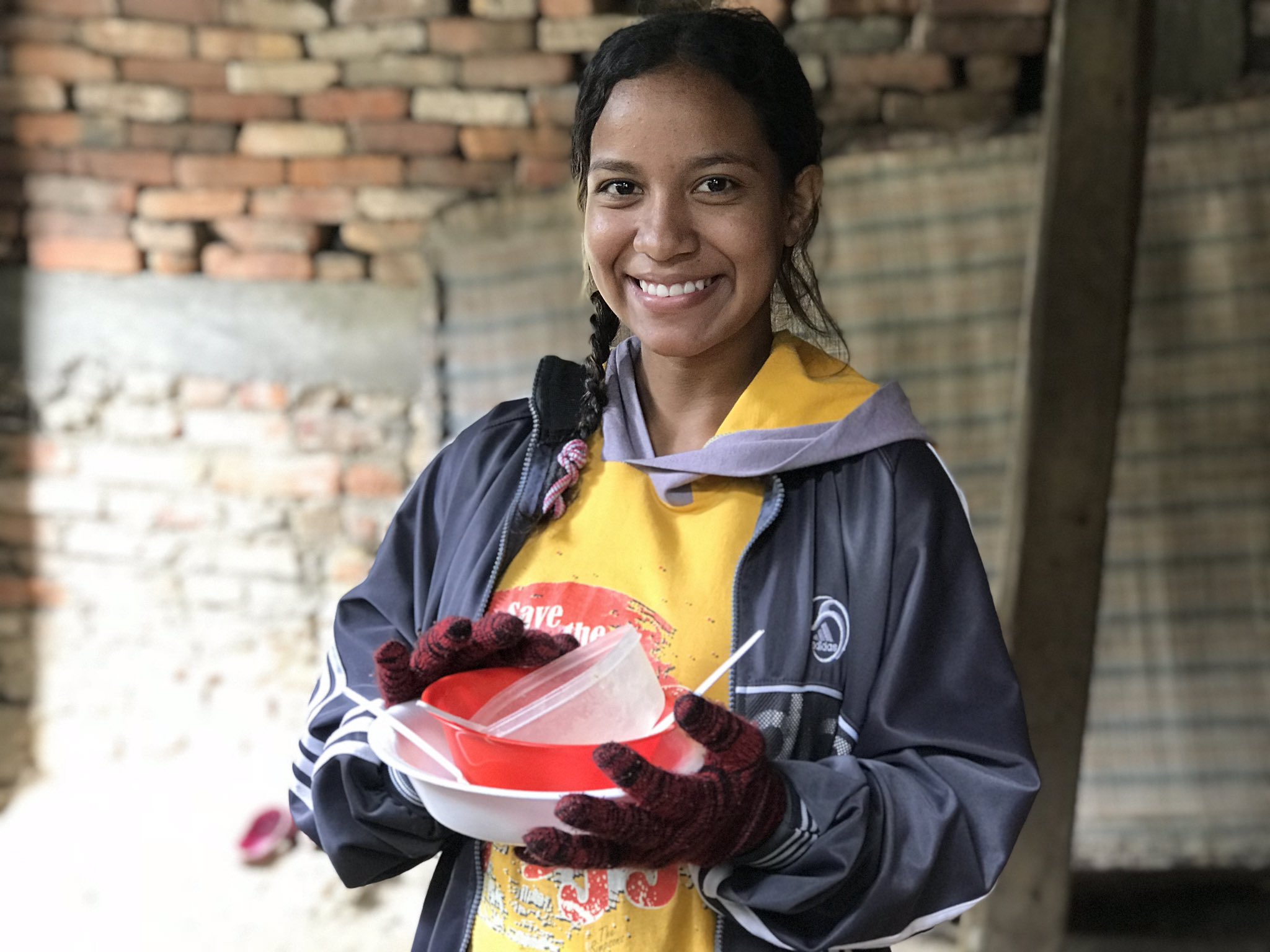
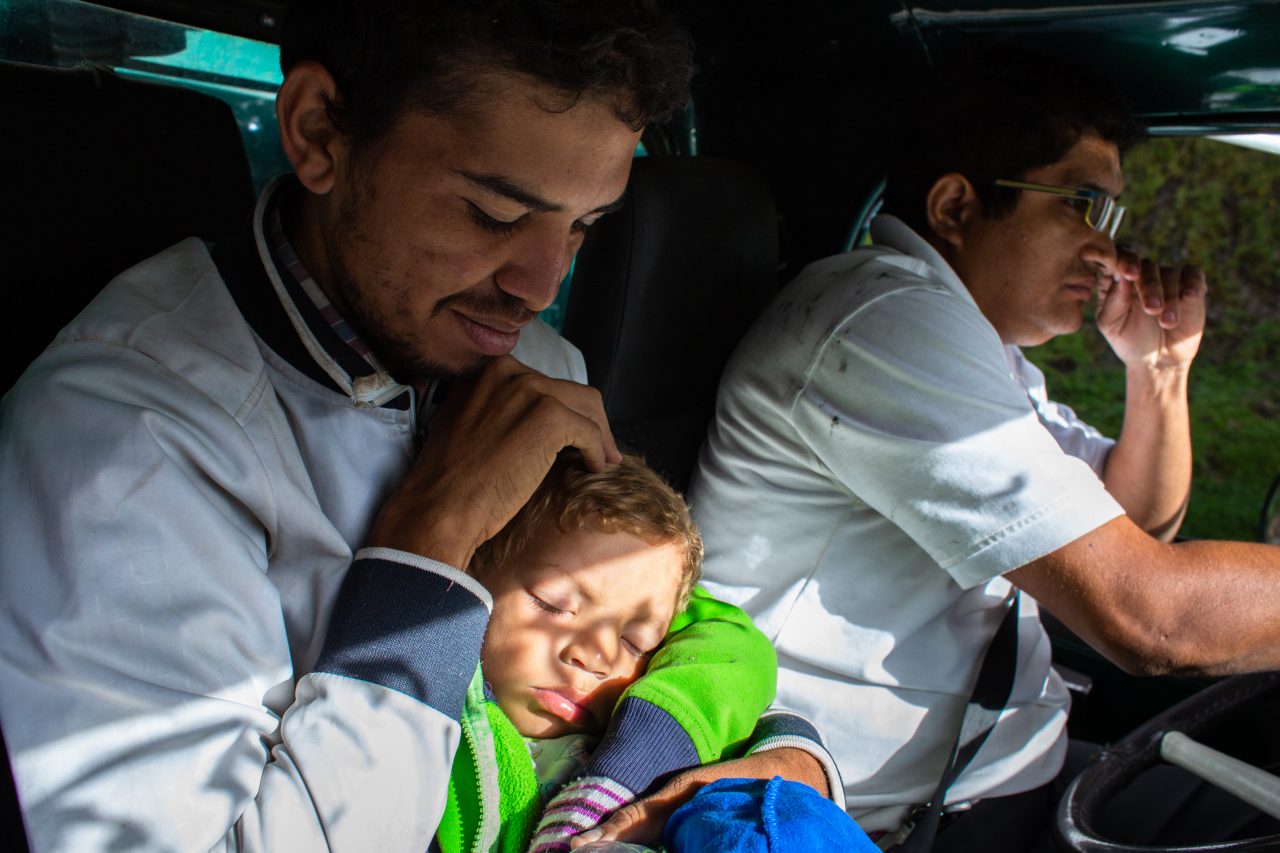
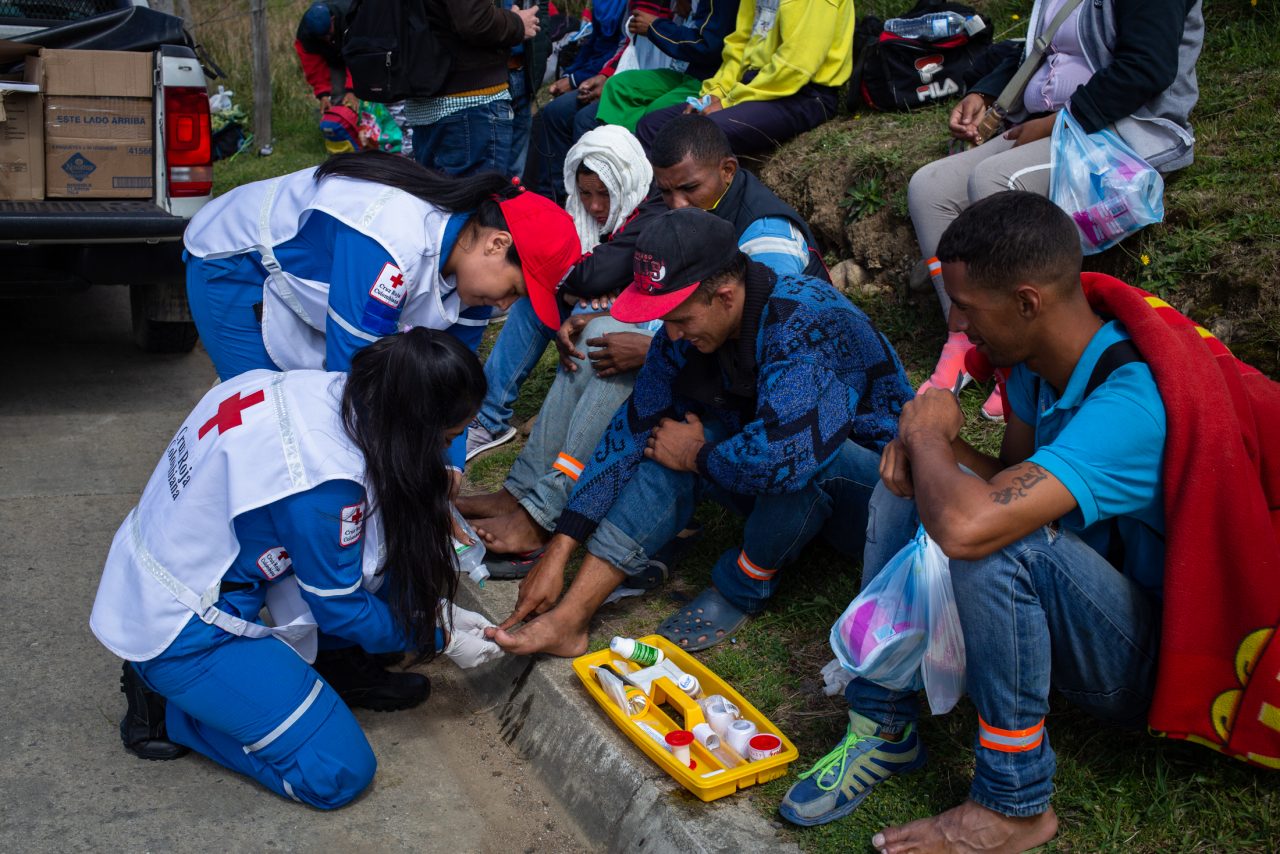
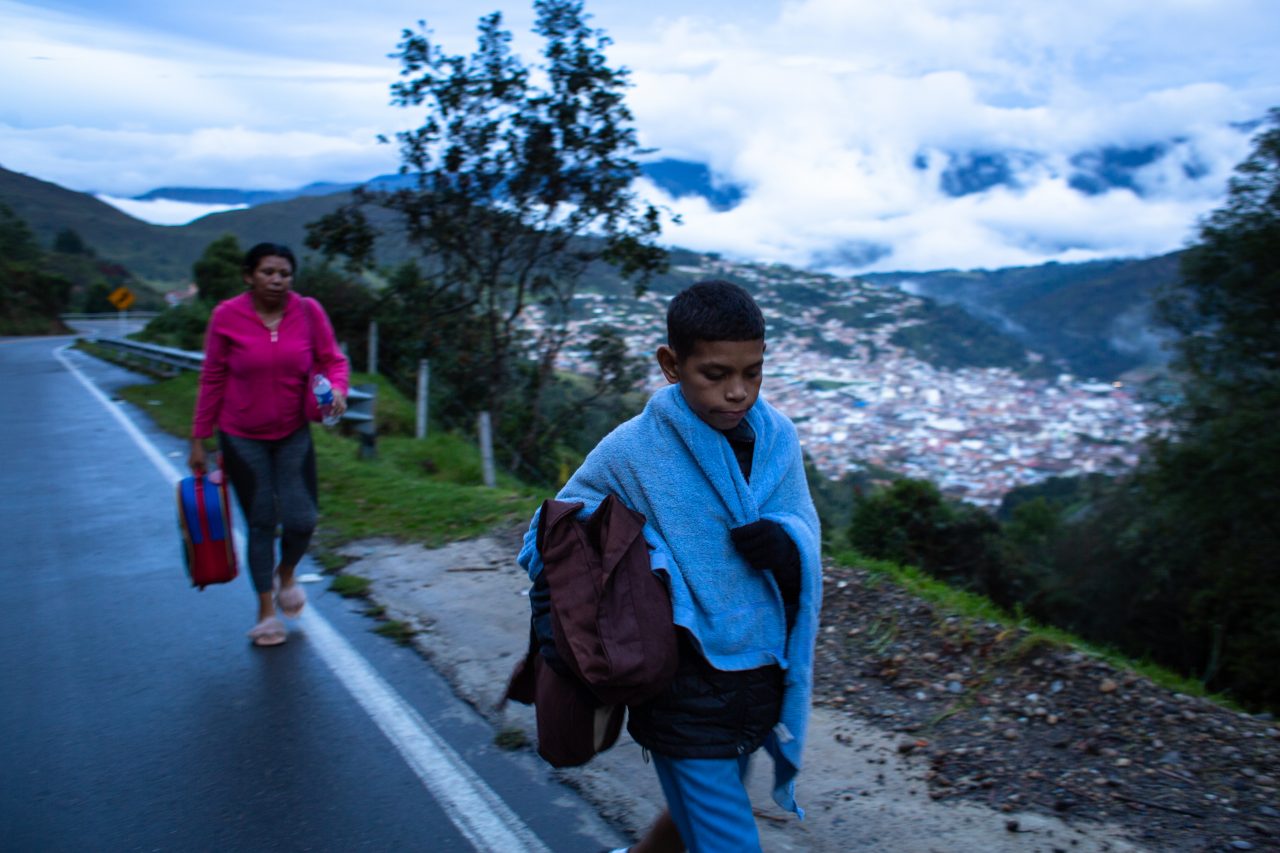






 Tech & Innovation
Tech & Innovation Climate Change
Climate Change Volunteers
Volunteers Health
Health Migration
Migration